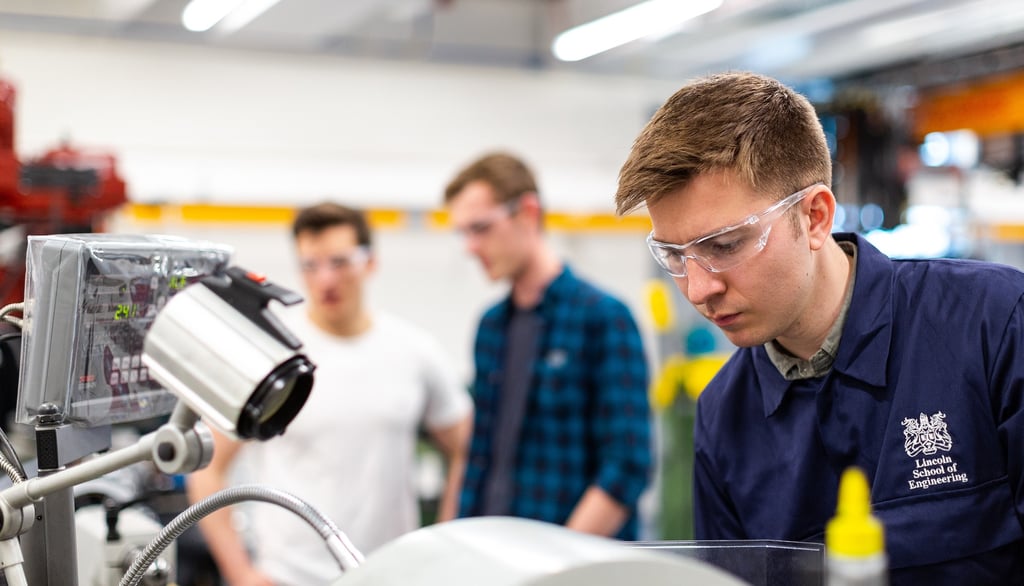The Future of Robotics in Education: Preparing Students for Industry 4.0
Robotics is rapidly becoming part of modern education, offering students a dynamic way to develop critical skills that would be essential in the demands of Industry 4.0. At Forte9, we believe that training in robotics equips learners with the knowledge and practical experience required ......
ARTICLE
12/1/20242 min read


The Future of Robotics in Education: Preparing Students for Industry 4.0
Robotics is rapidly becoming part of modern education, offering students a dynamic way to develop critical skills that would be essential in the demands of Industry 4.0. At Forte9, we believe that training in robotics equips learners with the knowledge and practical experience required to thrive in a world dominated by automation, artificial intelligence, and advanced manufacturing technologies.
1. Fostering Technical Proficiency
Robotics education introduces students to the principles of engineering, programming, and electronics. By working on hands-on projects, learners gain valuable experience in designing, building, and coding robots. These foundational skills are directly aligned with the technical competencies sought after in industries such as aerospace, automotive, and healthcare.
2. Enhancing Problem-Solving Abilities
Through robotics training, students face real-world challenges that encourage critical thinking and innovative problem-solving. They learn to analyze issues, devise solutions, and adapt to setbacks—skills that are indispensable in an era of rapid technological advancement.
3. Encouraging Teamwork and Collaboration
Many robotics projects require collaborative efforts, which foster teamwork among students. Through group work, learners develop communication and leadership skills, preparing them for the collaborative nature of modern workplaces.
4. Bridging the Gap Between Education and Industry
Robotics training bridges the gap between theoretical knowledge and practical application. It exposes students to the latest tools and technologies, making them industry-ready. Besides, competitions and workshops provide an opportunity to show off their talent, network with professionals, and get insights into what the industry expects.
5. Encouraging Lifelong Learning
Robotics is dynamic in nature, which makes the students always curious and motivated to learn. As they proceed further with topics such as artificial intelligence, machine learning, and IoT, they are developing a mindset of continuous growth and adaptability.
Conclusion
As Industry 4.0 changes the landscape of the world's economies, robotics in education becomes an integral part of helping students face challenges that will soon arise. The technical skills, critical thinking, and teamwork involved in training with robotics mean that the student is not only prepared to give but also innovate. At Forte9, we are committed to empowering the next generation with the tools and knowledge to excel in this transformative era.
